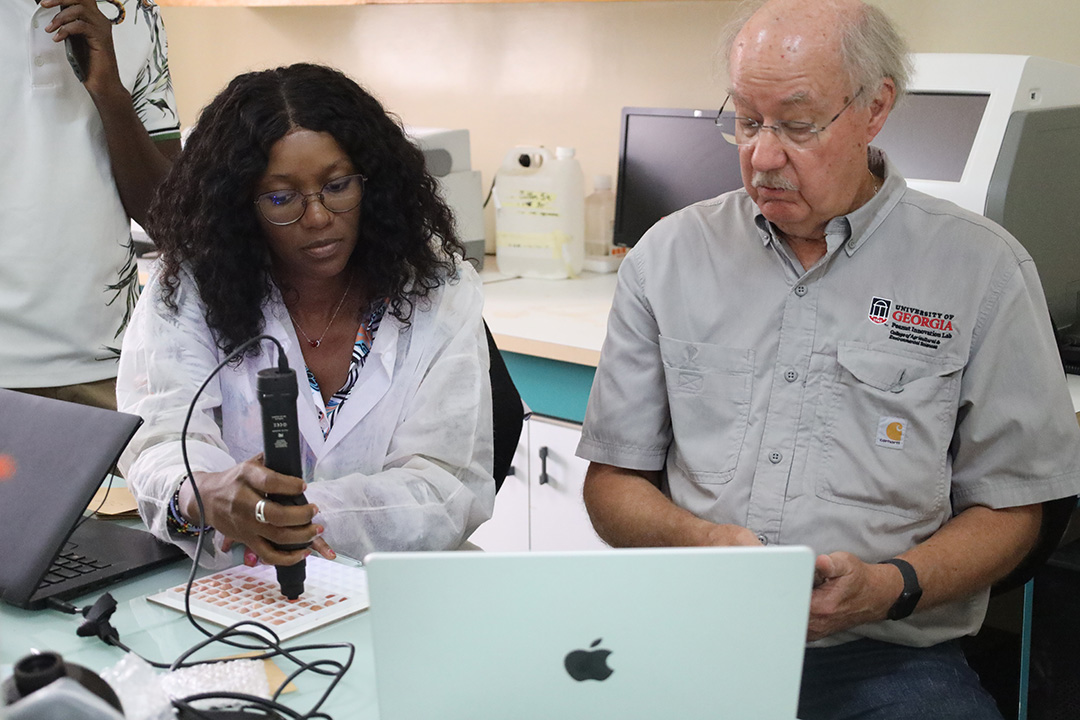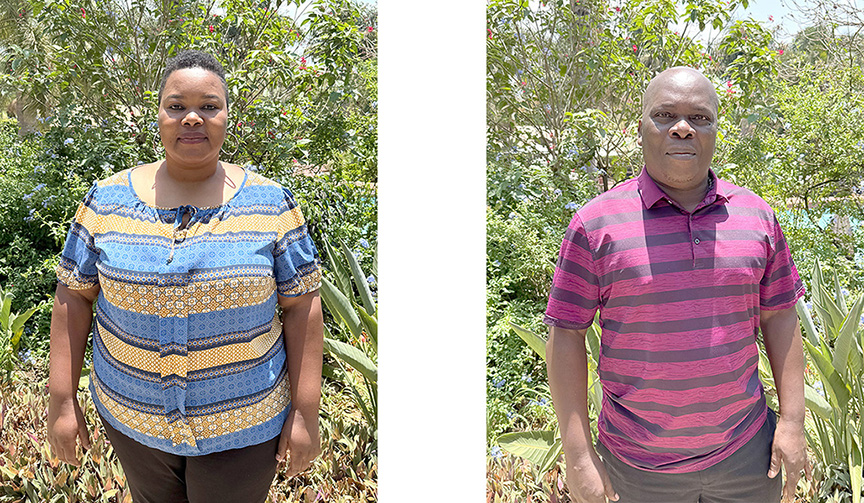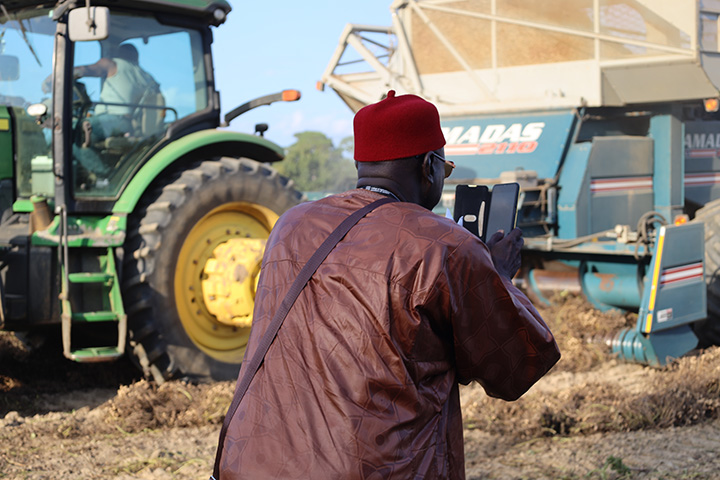Students are on a break in many parts of the world, but learning can happen at any time on a new platform created by the Peanut Innovation Lab.
Called the “Groundnut Academy,” the digital learning platform is a place to learn about all things groundnut, beginning with the plant itself. As courses are added, learners can explore the nutrition of the nut, safe post-harvest practices and topics related to groundnut research.
The first course, Basic Agronomy, published this week covers the fundamentals of groundnut – the physiology of the plant, how it grows and some of the most important considerations in cultivating the plant.
“We all could see the potential and importance of distance learning and virtual resources as the pandemic wore on in 2020,” said Dave Hoisington, the director of the Feed the Future Innovation Lab for Peanut. “It seems like every day we learned new ways to connect with people on other continents to share information and resources. In some ways, the Groundnut Academy is an extension of the problem-solving that we had to do when we couldn’t travel to share information one on one.”
Getting information to stakeholders is an important aspect of the Innovation lab’s work. That information transfer comes in all sorts of ways – from academic journal articles and white papers, to program-wide training for scientists, to local training for farmers.
For example, to address the cross-cutting theme of gender, the lab provides multi-day professional training to all of its scientists and partners (including graduate students) on the importance of gender-responsive research.
The lab conducts field training with extension specialists working for private companies in Malawi.
And, in-country partners in several countries provide farmer field schools with innovation lab support to work directly with farmers to improve groundnut productivity and quality.
Groundnut Academy can grow to serve all those audiences and give people a place to learn at their own pace.
The courses are designed and taught by experts in their particular area of groundnut, allowing the Peanut Innovation Lab to connect students to its global network of peanut scientists.
“We started with a basic agronomy course because that is the information most requested by our in-country partners,” Hoisington said. “We plan to quickly add courses on IPM (Integrated Pest Management), aflatoxin and post-harvest processing.”
The first course takes about 90 minutes to complete and covers peanut physiology, as well as proper soil preparation, planting, pest control and harvesting. Students who sign up for the free course can take each lesson and topic at their own pace, leaving and returning as their time allows.
Each lesson quizzes students to allow them to evaluate whether they absorbed the most important information. At the end of the course, a final exam reviews the material and a passing grade of 80% earns a certificate to demonstrate completion of the course.
“Through the Groundnut Academy, the Peanut Innovation Lab is creating a place for learners of all knowledge levels and areas of interest to learn new aspects of peanut,” Hoisington said. “But we don’t expect people to go there only once. Groundnut Academy includes resources such as production guides that learners can bookmark and return to review. The courses are searchable, so if a student forgets a salient fact, she can return and look it up easily.
“We even plan to add videos that will give everyone a chance to see some of the principles in action. The possibilities are almost limitless.”
The next courses are expected to publish this summer.








